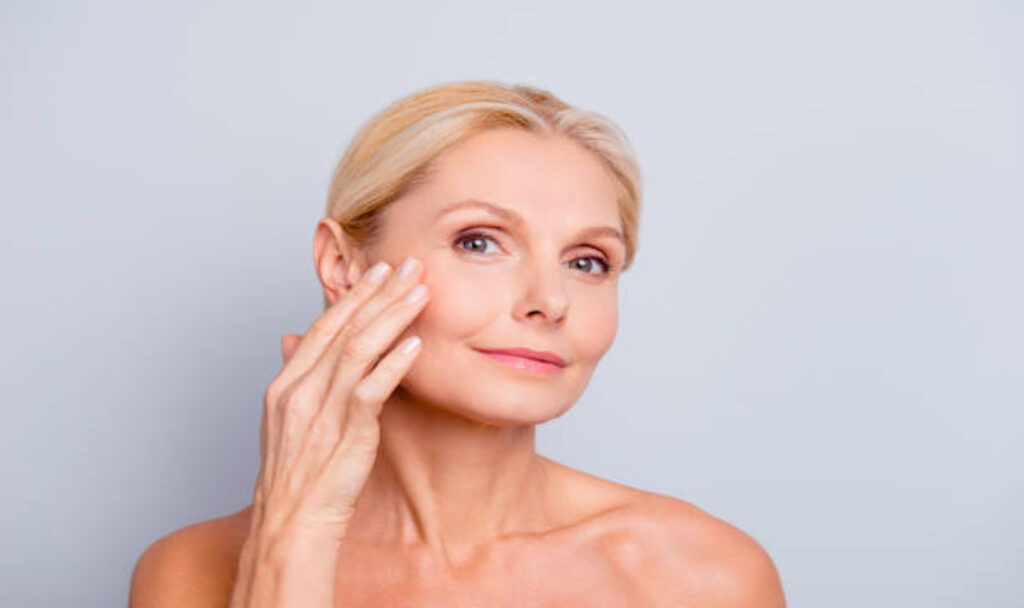Introduction:
Polycystic ovary syndrome (PCOS) is a common hormonal disorder affecting millions of women worldwide. Alongside various symptoms, such as irregular menstrual cycles, weight gain, and fertility issues, one often overlooked aspect of PCOS is its association with acne. The presence of acne can significantly impact a woman’s self-esteem and quality of life. However, by understanding the underlying causes and implementing targeted strategies, individuals with PCOS can effectively manage their acne symptoms and achieve clearer, healthier skin.
Unraveling the Connection: PCOS and Acne
PCOS-related acne is primarily attributed to elevated androgen levels, which lead to excessive sebum production and clogged hair follicles. This hormonal imbalance triggers the development of inflammatory acne, characterized by painful cysts, nodules, and persistent breakouts. Understanding this link is crucial in developing an effective treatment plan.
Medical Approaches: Collaborating with Healthcare Professionals
Seeking medical advice is essential for managing PCOS-related acne. Dermatologists and gynecologists can work together to devise a comprehensive treatment strategy. Prescription medications, such as oral contraceptives, anti-androgen drugs, and topical retinoids, may be prescribed to target hormonal imbalances and regulate sebum production.
Skincare Regimen: Gentle, Consistent, and Tailored
Establishing a proper skincare routine is pivotal in managing acne symptoms. Individuals with PCOS should opt for non-comedogenic, gentle cleansers and oil-free moisturizers. Regular cleansing, exfoliation, and application of acne-fighting ingredients like benzoyl peroxide or salicylic acid can aid in reducing breakouts and maintaining clearer skin.
Diet and Lifestyle Modifications: Nurturing from Within
Adopting a well-balanced, nutrient-rich diet can positively impact hormonal balance and overall skin health. A low-glycemic index diet, rich in whole grains, lean proteins, and fruits and vegetables, can help regulate blood sugar levels and minimize acne flare-ups. Additionally, managing stress levels through exercise, adequate sleep, and relaxation techniques can contribute to improved skin conditions.
Emotional Well-being: Addressing the Psychological Impact
Living with acne can take an emotional toll, impacting self-confidence and mental well-being. Seeking support from loved ones or joining support groups can provide an outlet for sharing experiences and coping strategies. Emphasizing self-care practices, engaging in activities that promote self-esteem, and seeking professional help if necessary can be instrumental in maintaining a positive mindset.
Conclusion:
While acne is a distressing symptom commonly associated with PCOS, it is important to recognize that it can be managed effectively. By combining medical interventions, a tailored skincare routine, dietary adjustments, and attention to emotional well-being, individuals with PCOS can find relief and achieve clearer skin. Remember, patience and consistency are key, as results may take time to manifest. With the right approach and support, managing PCOS-related acne is indeed possible, leading to improved confidence and overall quality of life.
